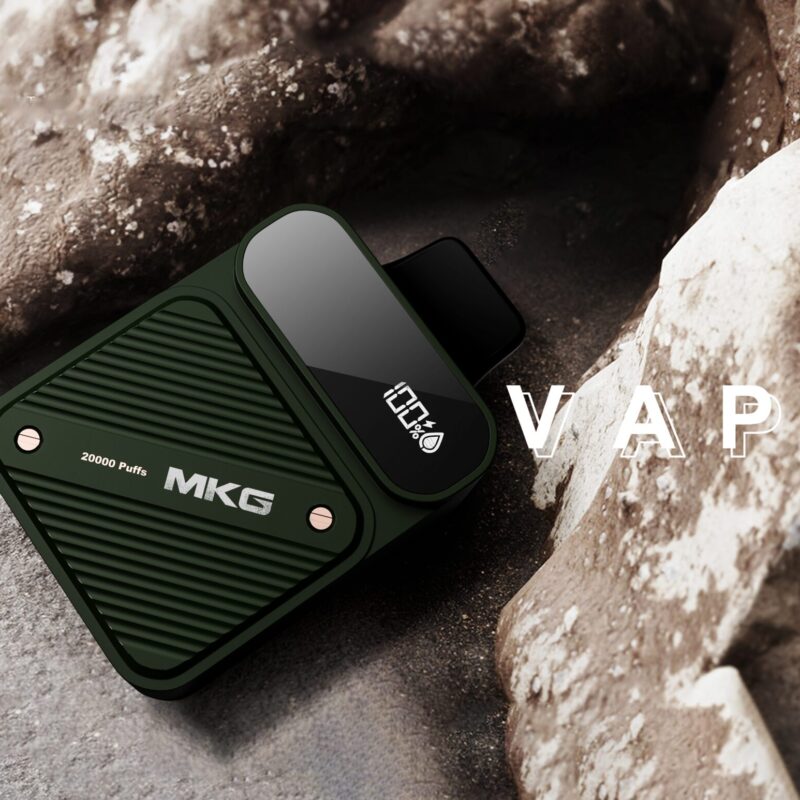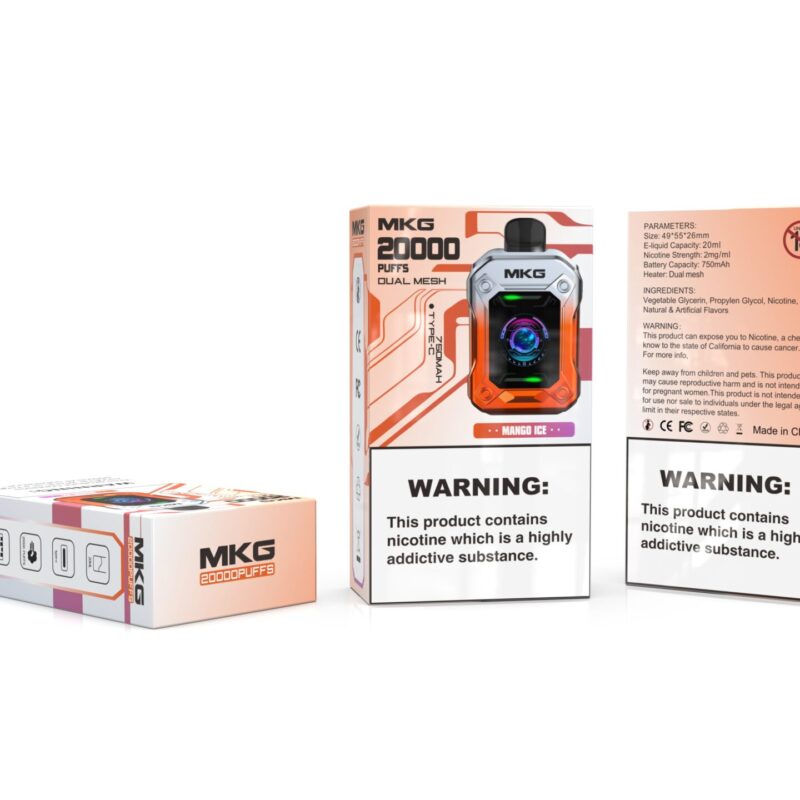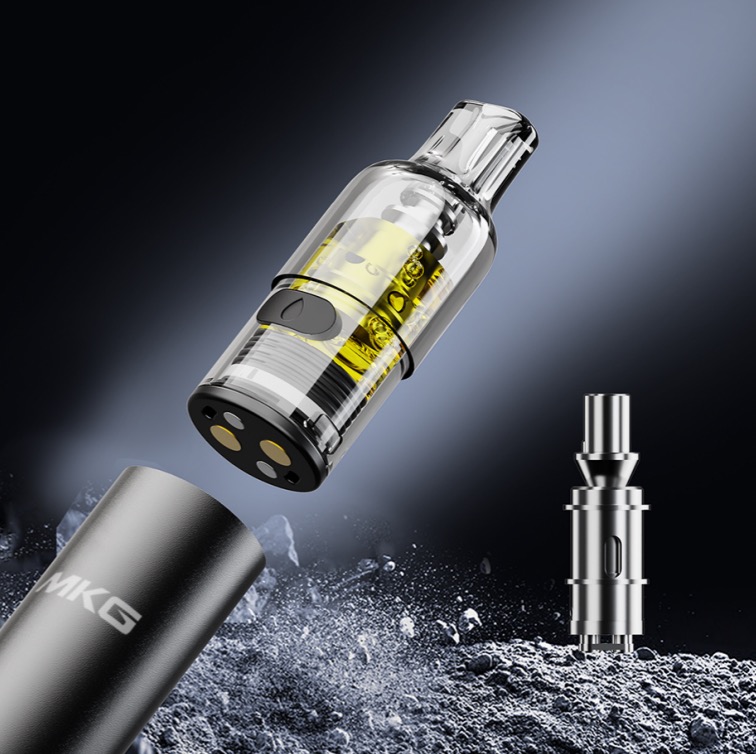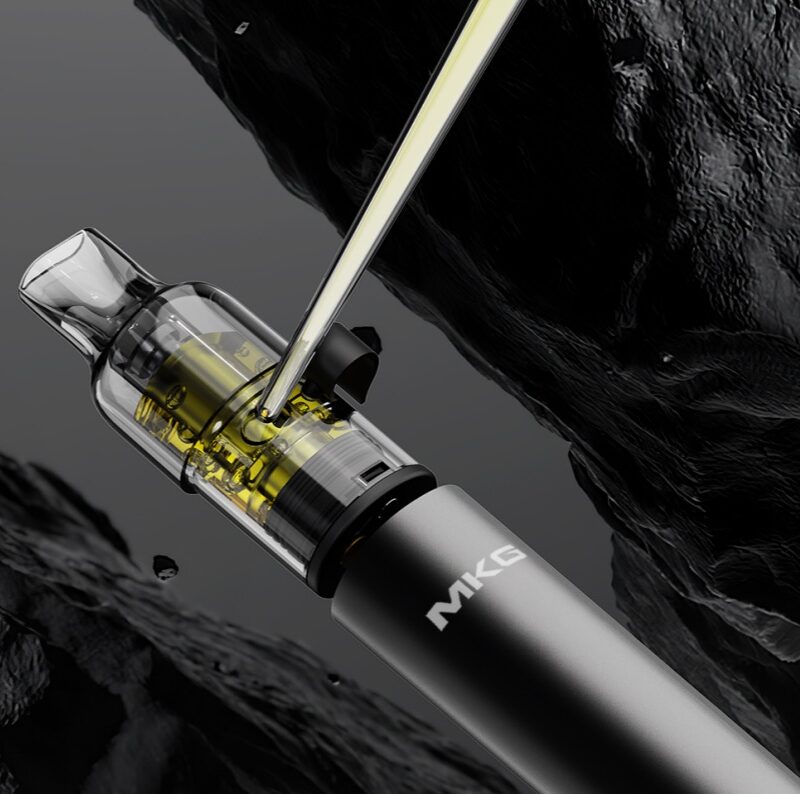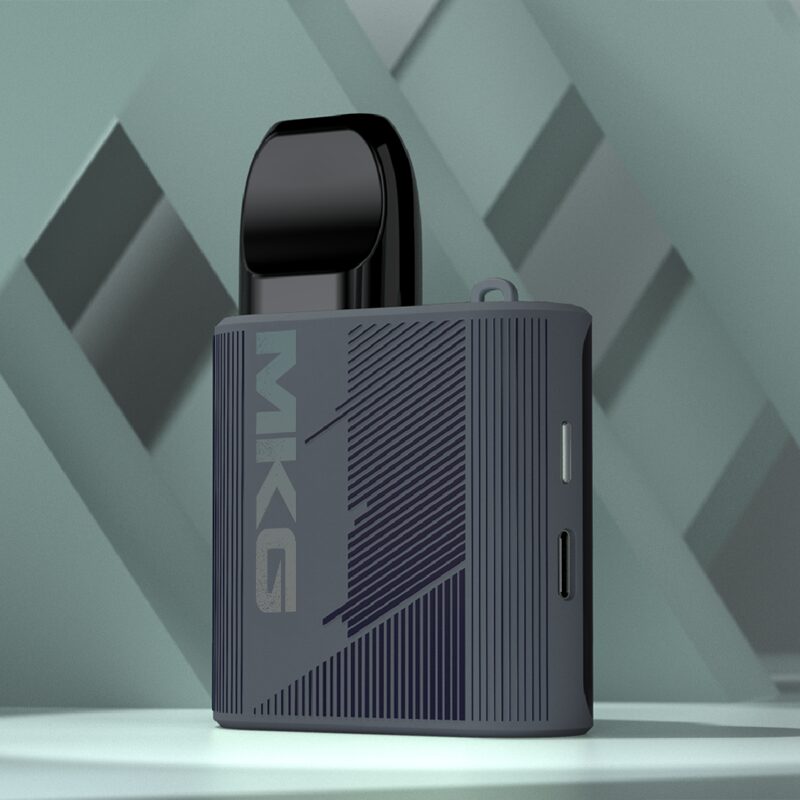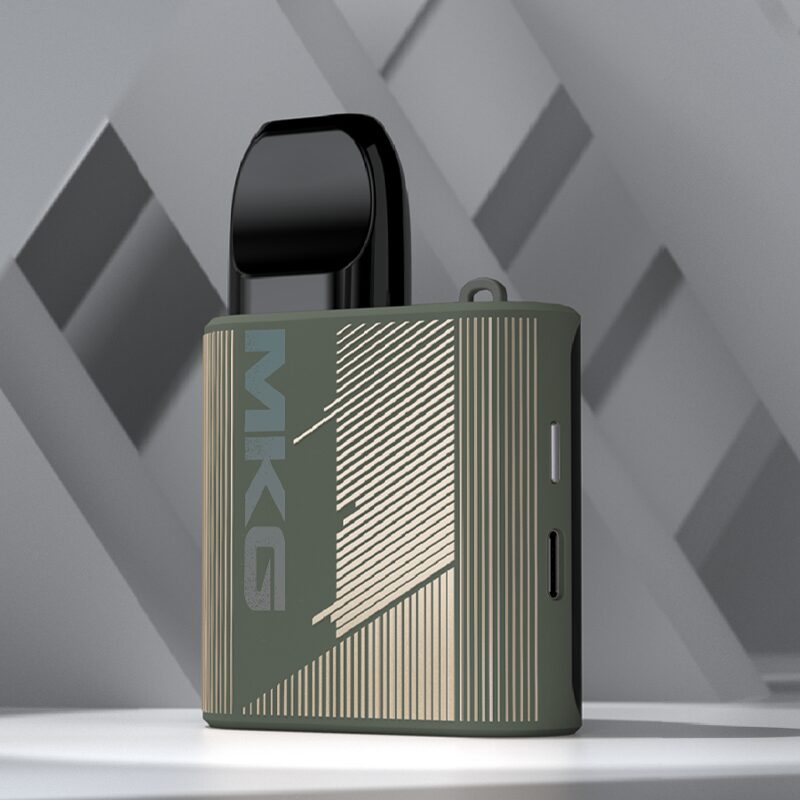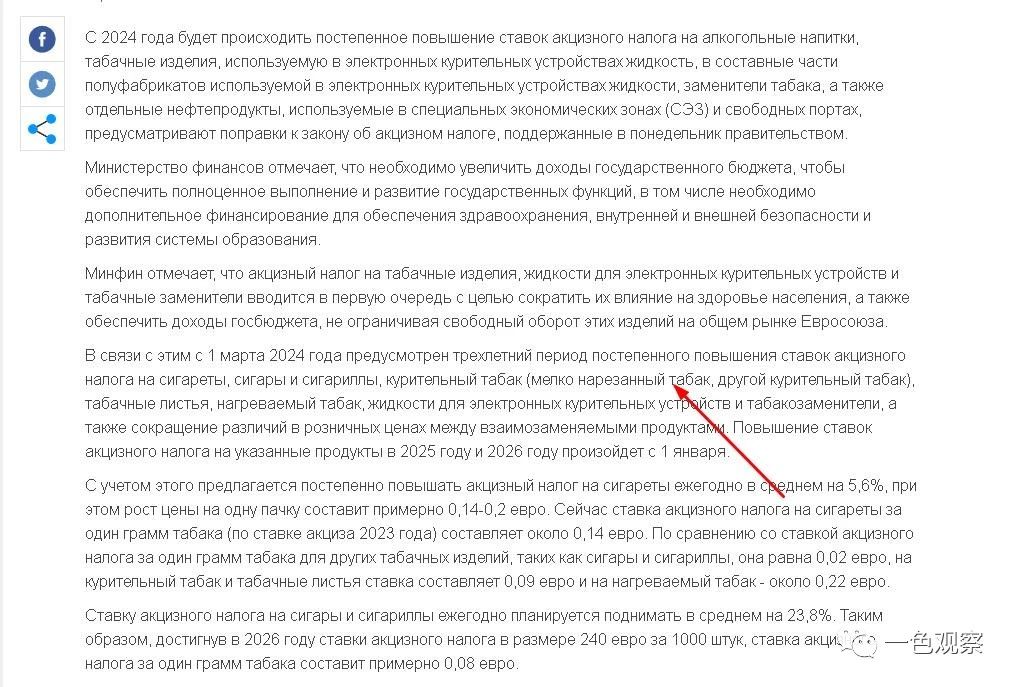A country in Eastern Europe wants to increase the consumption tax on e-cigarettes. This is Latvia in Eastern Europe.
Latvia, located north of Lithuania, has also recently made a decision on e-vaping consumption tax.
According to the Latvian News Network, starting from 2024, Latvia will gradually increase the consumption tax on alternative tobacco products such as e-cigarettes. And this revised bill received government support on October 9.


(Raise taxes)
What is also concerning is that Latvia’s increase in consumption tax on e-cigarettes is much higher than that of other products. Including HNB, cigarettes, alcohol, etc.
According to Latvian regulations, starting from March 1, 2024, a three-year consumption tax increase phase will begin. The consumption tax on e-cigarettes, cigarettes, cigars and interchangeable goods will gradually increase. The consumption tax on the above products in 2025 and 2026 will be adjusted on January 1 of each year. Among them, the consumption tax on e-cigarettes and their components is planned to increase by an average of 21% every year, and the consumption tax per milliliter of e-liquid will reach 0.35 euros by 2026. In Germany, e-cigarette oil currently levies an additional tobacco tax of 0.16 euros per milliliter. If the consumption tax per milliliter of e-liquid in Latvia reaches 0.35 euros in the future, it will be equivalent to a one-time consumption tax of 0.7 euros for a 2ml e-liquid.
The tax on e-cigarettes includes these categories, such as liquids used in e-cigarette devices, semi-finished liquid ingredients used in e-cigarette devices, etc.
Compared with the annual increase of 21% for e-cigarettes, this country increases the cigarette excise tax by an average of 5.6% every year, which will increase the price of each pack of cigarettes by approximately 0.14-0.2 euros. The current excise tax on local cigarettes per gram of tobacco is approximately 0.14 euros. The excise duty on tobacco and tobacco leaves is €0.02 per gram, and the excise tax on tobacco and tobacco leaves is €0.09, and on heated tobacco (HNB) it is approximately €0.22.
This comparison reveals several problems. In the future, many European countries may charge consumption tax on e-cigarette oil, and it may gradually increase. At the same time, Latvia increases its e-cigarette consumption tax to a relatively high extent every year. And the excise tax on heated tobacco in this country is higher than that on traditional cigarettes.
At the same time, it also made it clear that through consumption tax, the retail price difference between substitute products will be reduced.
Why taxes are collected? The Ministry of Finance of Latvia stated that the consumption tax on cigarettes, e-cigarettes and alternative tobacco products is first of all to protect public health, and at the same time it can also protect the revenue of the national budget, but it will not affect the sale of these goods in the EU market. free trade.
Latvia is a small country in Eastern Europe with a population of only 1.88 million. It belongs to the Indo-European language family, as well as Jewish, Estonian and other ethnic groups. The number of girls is much higher than that of men. It also has the beauty of Russian women and the elegance of Western European women. The country also focuses on environmental protection, and there are many lakes and rivers, which are very suitable for Casual living.
With the development of the e-cigarette industry, European countries are also incorporating e-cigarettes into their tax systems, which is expected to be an inevitable trend. Invisibly squeezing profits or causing market prices to change!





